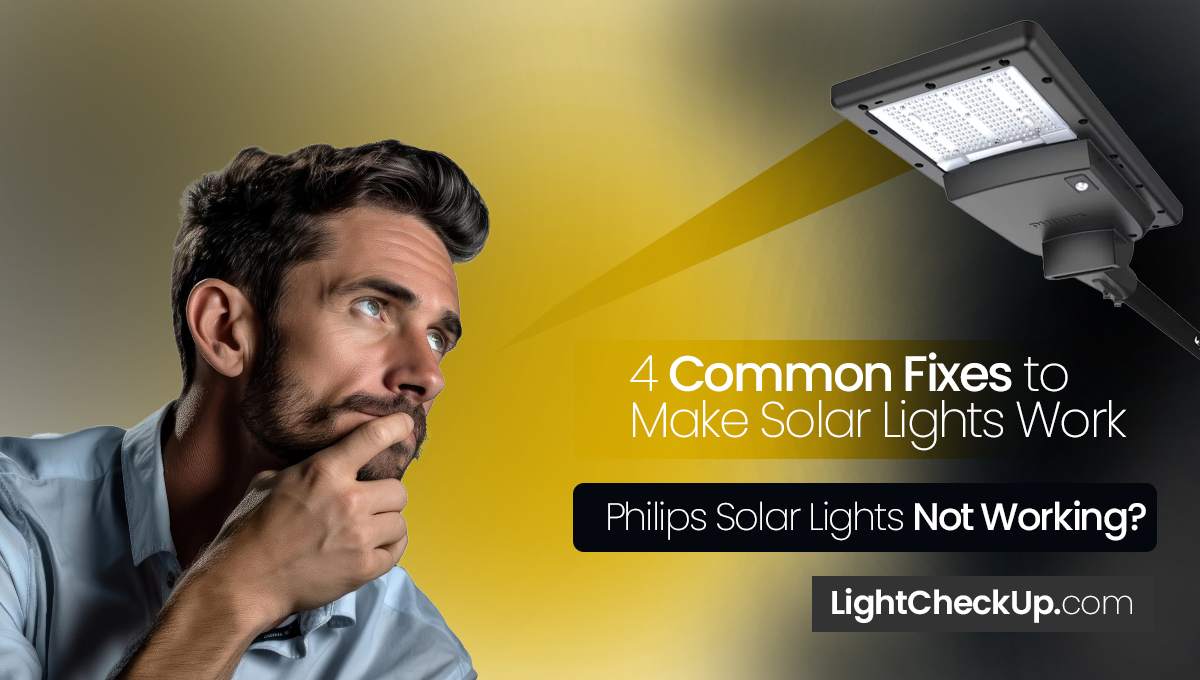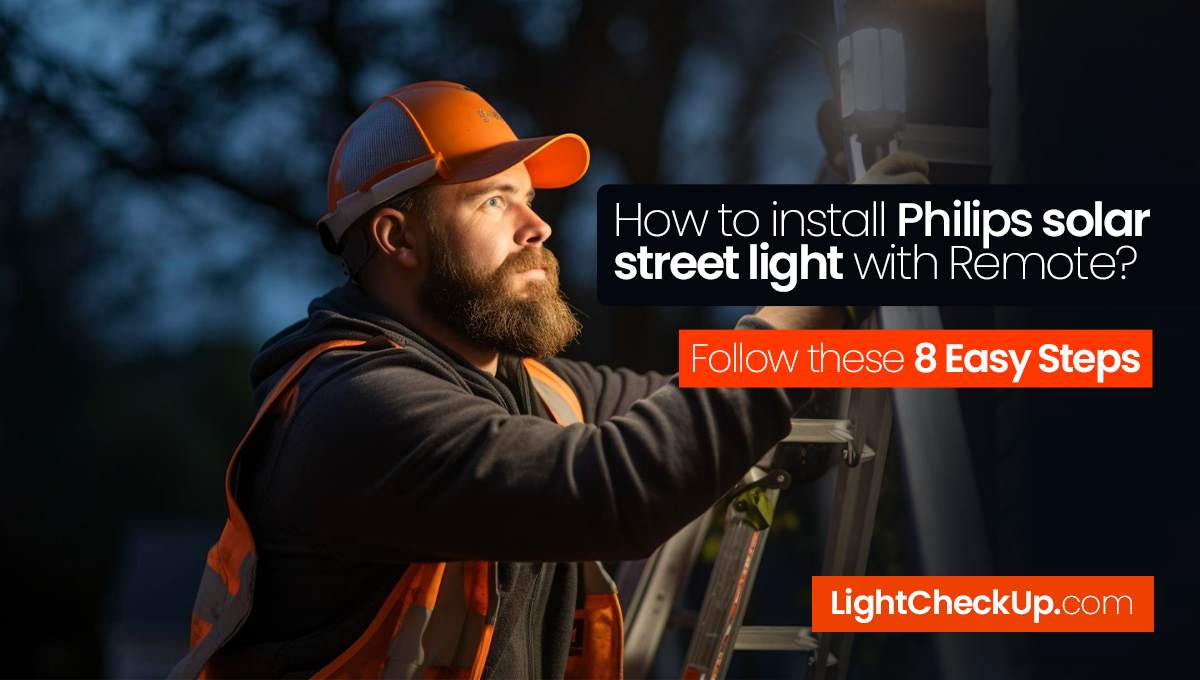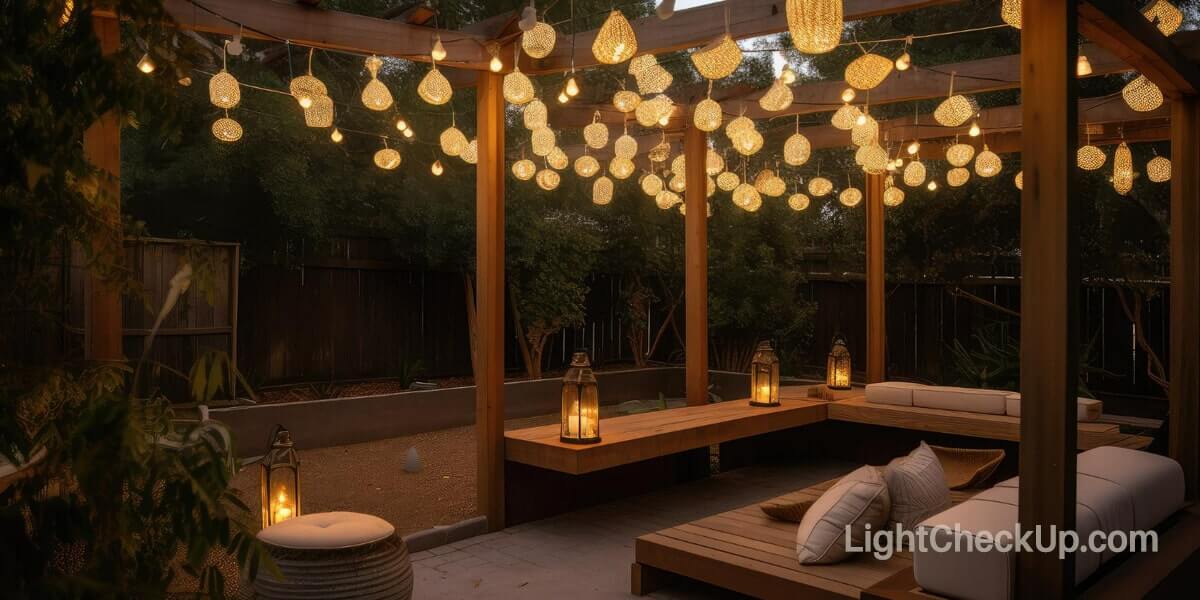Are you facing issues with your Philips solar lights? Worried about Philips solar lights not working?
It’s all here to help you troubleshoot your Philips solar lights not working. They should brighten up your outdoor spaces, right? Find out what’s behind these issues and let’s find a solution.
Common Reasons: Philips solar lights not working
Are you worried about why my solar motion light stopped working? There are a few common issues with Philips solar lights not working. This will help you fix these issues quickly.
Solar Lights On/Off Switch Not Working:
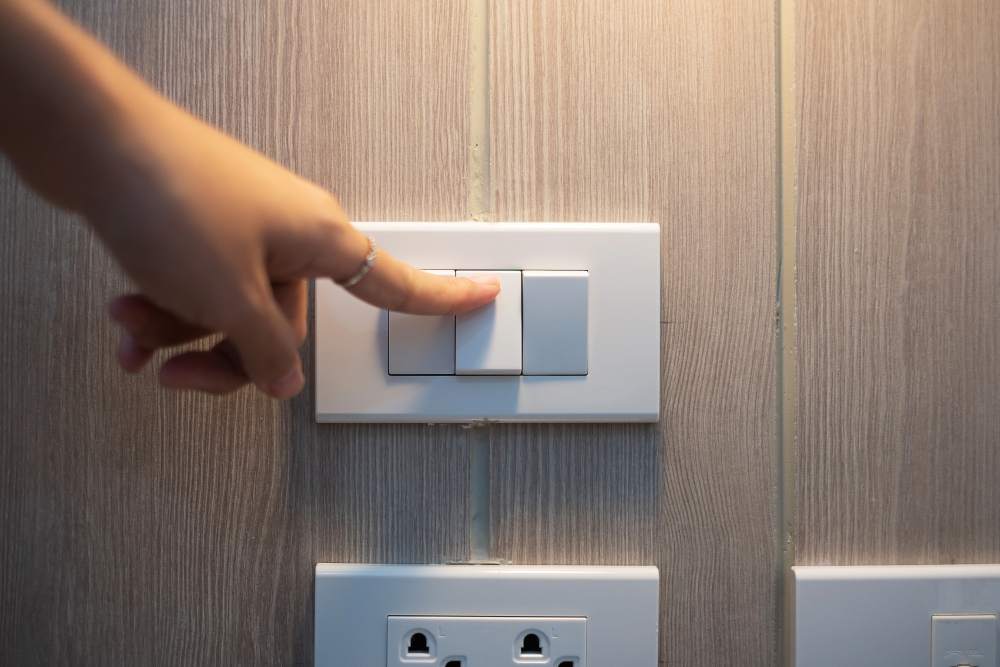
One of the most common reasons solar lights might not work is an issue with the on/off switch. Over time, switches can become sticky or fail due to dirt, moisture, or wear and tear.
Dead or dying batteries:
A solar light battery typically lasts 2-3 years depending on its quality and usage. You may need to replace the batteries if your lights are older or aren’t lasting as long as they used to.
Solar Lights Not Working After Rain
Solar lights are designed to withstand rain, but excessive rain can still cause problems, especially if the seals wear out or if there’s a design flaw that lets water in.
Dirty solar panels:
Dirty solar panels won’t be able to absorb as much sunlight, which can shorten batteries’ lifespan. 10 Steps To Cleaning Solar Lights With Vinegar: Have You Tried It?
Faulty sensor:
That’s what turns the light on and off. You won’t be able to turn on the light at night if it’s broken.
Loose connections:
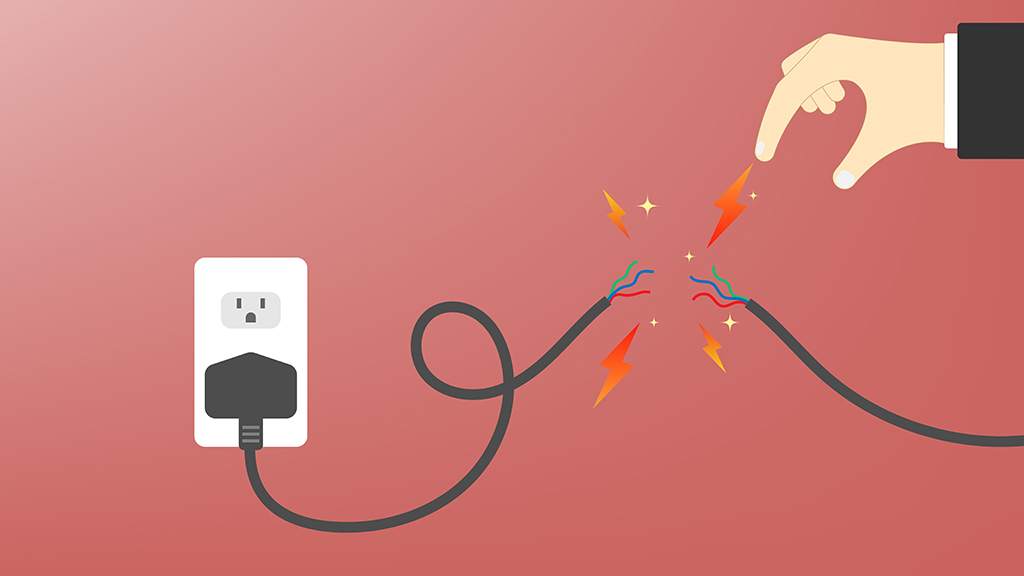
A solar light’s connections can loosen over time. This can also prevent the lights from working properly.
Read Also: Fixing Solar Lights With Nail Polish: Quick And Easy Tips
General troubleshooting steps: How do I get my solar lights to work again?
Why don’t Philips solar lights not working? Let’s look at some simple steps to light your garden again:
Here are some general troubleshooting steps to get your solar lights working again:
Basic checks:
Ensure your lights are in a location receiving at least 6 hours of direct sunlight daily. Move them if necessary.
Clean the solar panel:
Use a damp cloth to remove dirt, dust, and debris from the solar panel. Avoid harsh chemicals.
Check the switch.
Make sure the light switch is turn “on”. Some models have an “auto” or “on/off” switch.
Battery related:
Replace the batteries.
If your lights are older than 2-3 years, replace the batteries with fresh rechargeable batteries of the same size and capacity.
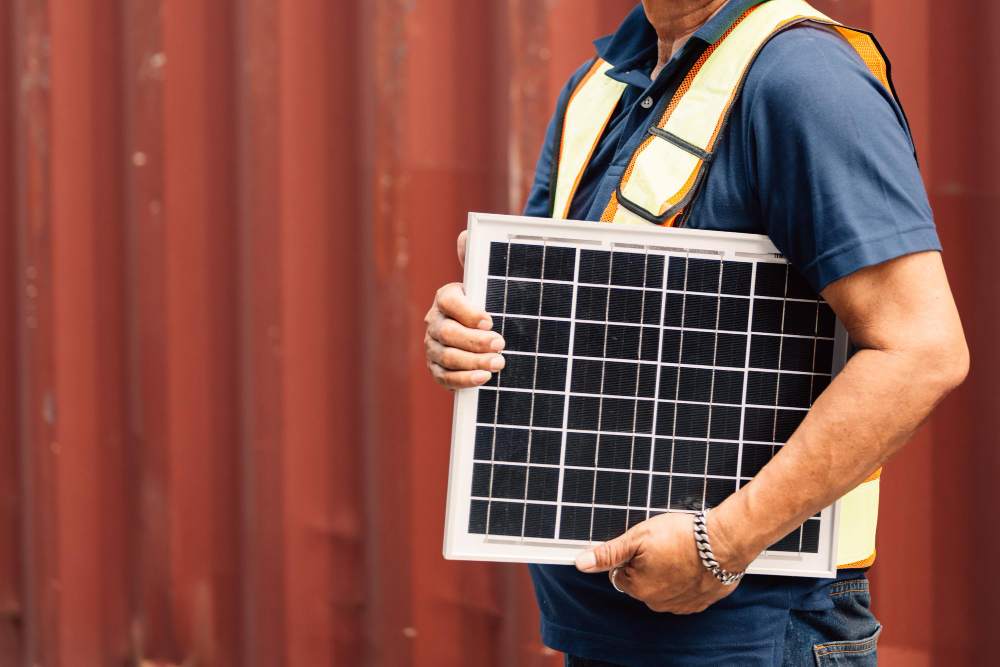
Tested with regular batteries:
The light may work if regular batteries are used. This helps identify if the issue lies with the rechargeable batteries or the solar panel/circuit.
Charge the batteries directly:
You can charge the rechargeable batteries directly if you have a battery charger. This can help diagnose faulty batteries.
Sensors and other issues:
You can cover the light sensor with your hand during the day. You might need to adjust the sensor if it turns on (see the manual).
Check for nearby light sources.
If there are bright lights nearby at night, they might confuse the sensor and prevent the light from turning on. Relocate the light if possible.
Check for loose connections:
Open the light housing (if possible) and look for loose wires or connections. Tighten them if needed.
Consult the manual.
Your solar light manual might have specific troubleshooting steps for your model.
You can fix common problems with Philips solar lights with these steps. It’s all about giving them some attention and care to keep your outdoor spaces bright and welcoming.
Read Also: How To Install Philips Solar Street Light With Remote? Follow These 8 Easy Steps
FAQs: Philips Solar Lights Not Working
Why do my solar lights work intermittently?
This could be due to fluctuating sunlight levels charging the batteries inconsistently. Check for obstructions or shadows cast over the solar panels during the day.
Can Philips solar lights be repaired?
Philips solar lights issues can be resolved at home with these troubleshooting steps. However, if there’s a more complex issue, contact Philips customer support.
How long do solar light batteries last?
Solar light batteries need replacing every 1-2 years. They depend on how they’re used and how good they are.
Why won’t my newly installed solar lights turn on?
Solar lights often come with a protective tab that needs to be removed before use. Ensure this tab is removed and the lights are fully charged.
Can I put regular batteries in solar lights?
No, regular batteries should not be used in solar lights. Solar lights require rechargeable batteries made specifically for solar-powered devices. Regular batteries may not handle solar lights’ charging and discharging cycles, which could damage the light.
Do outdoor solar lights go faulty?
Yes, outdoor solar lights can become faulty over time. Light components can deteriorate in extreme heat or cold. That causes reduced performance or complete failure.
How to reset solar lights?
These steps will help you reset your solar lights:
- Turn off the solar lights by switching them off or covering the solar panels.
- Remove any batteries or disconnect the solar panel from the light.
- Leave the solar lights in a dark place for at least 48 hours to drain any remaining power.
- Reconnect the batteries or solar panel, and turn on the lights.
- Place the solar lights in direct sunlight for a day to recharge and reset them.
Read Also: Easy DIY Garden Solar Light Fix And Maintenance: You Can Do Today!
Conclusion
Philips solar lights are a fantastic way to illuminate your outdoor spaces without increasing your electricity bill. You can fix most problems with troubleshooting, even when they don’t work.
First, check your solar panels, batteries, and cleanliness. These tips and solutions will help you get your Philips solar lights working again.
